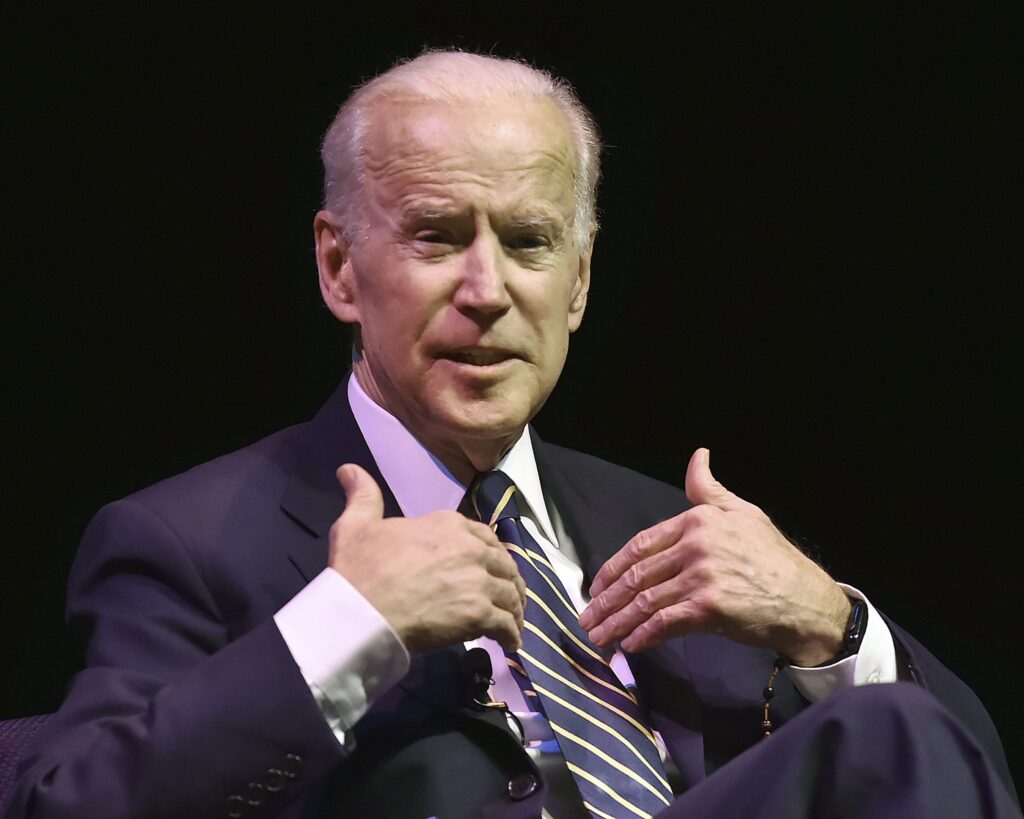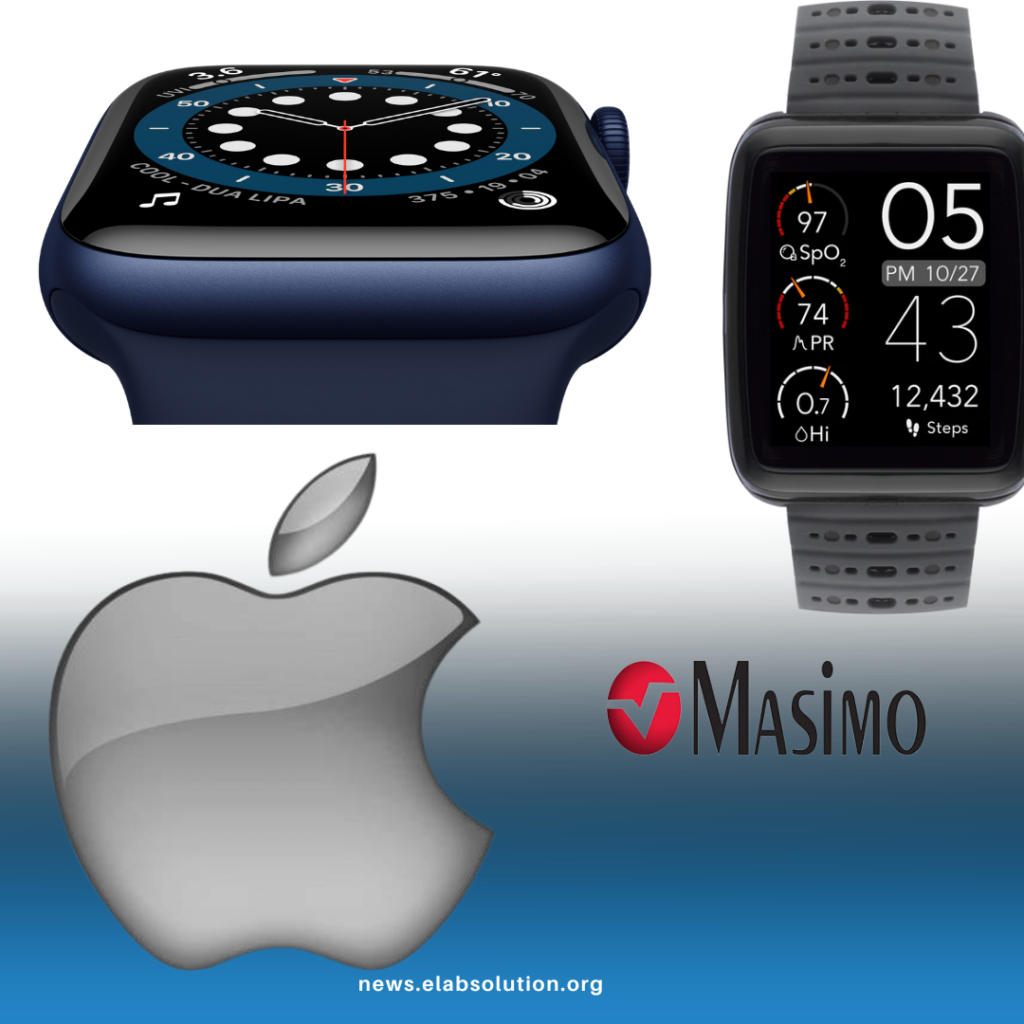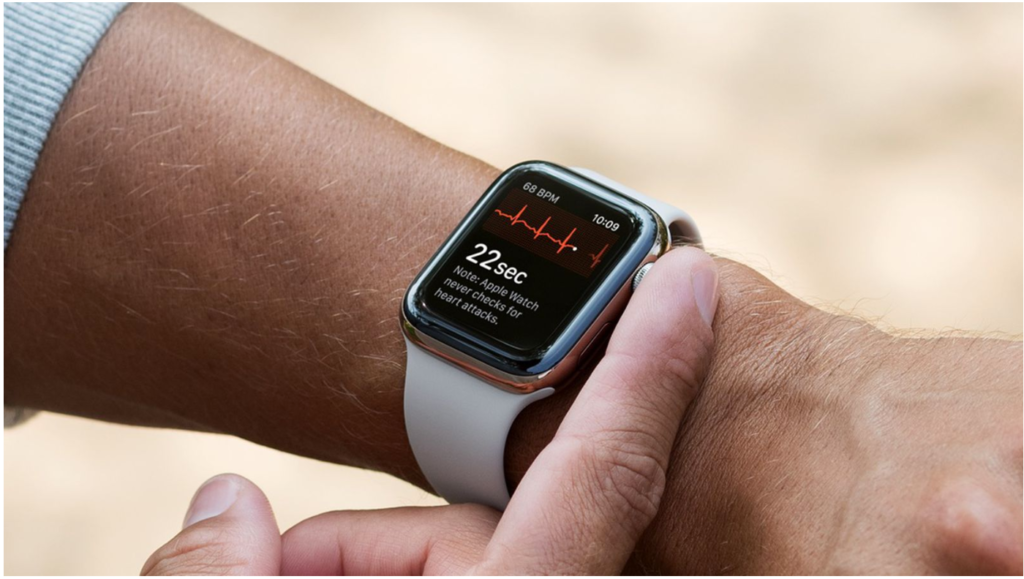The recent decision by the Biden administration to uphold the International Trade Commission’s (ITC) import ban on some Apple Watch models marks a significant development in the ongoing patent infringement case brought by Masimo Corporation and Cercacor Laboratories. This decision reflects a careful consideration of intellectual property rights and the need to foster a fair competitive environment in the tech industry.

The ITC’s ruling, which came into effect on December 25, 2023, specifically targets Apple Watch models Series 9 and Ultra 2, found to infringe patents owned by Masimo and Cercacor related to a blood oxygen sensor technology. This ban doesn’t affect the Apple Watch SE model and has no impact on previously sold watches. Apple has paused the sales of the affected models in the United States, but they remain available through other retailers like Amazon, Best Buy, and Walmart.
The significance of this ruling is underscored by its financial impact on Apple. The company’s wearables, home, and accessories segment, which includes the Apple Watch, generated substantial revenue in the third quarter
Apple’s response has been to appeal the ITC decision to the Federal Circuit. In doing so, Apple hopes to reverse the ban and resume sales of its latest watch models in the U.S. The company has also criticized Masimo’s legal actions as an attempt to clear the way for its own competing smartwatch, while Masimo views the decision as a win for the integrity of the U.S. patent system and for consumers who benefit from a market that rewards genuine innovation.023. The ban, therefore, represents a notable setback for Apple.
This situation is not without precedent. The last time a presidential administration vetoed an ITC ruling was in 2013 when President Obama overturned an import ban on Apple’s iPhones and iPads in a patent dispute with Samsung. However, President Biden has shown a different approach, having declined to veto a separate import ban involving Apple and medical technology company AliveCor earlier this year.
The outcome of Apple’s legal challenge and potential redesign of its watch models will be closely watched. It will not only have implications for Apple’s future in the smartwatch market but also signal how intellectual property disputes might shape the tech industry moving forward.
The unfolding of this situation is a pivotal moment in the intersection of technology, law, and international trade, highlighting the complexities and consequences of intellectual property disputes in a globally connected marketplace.







